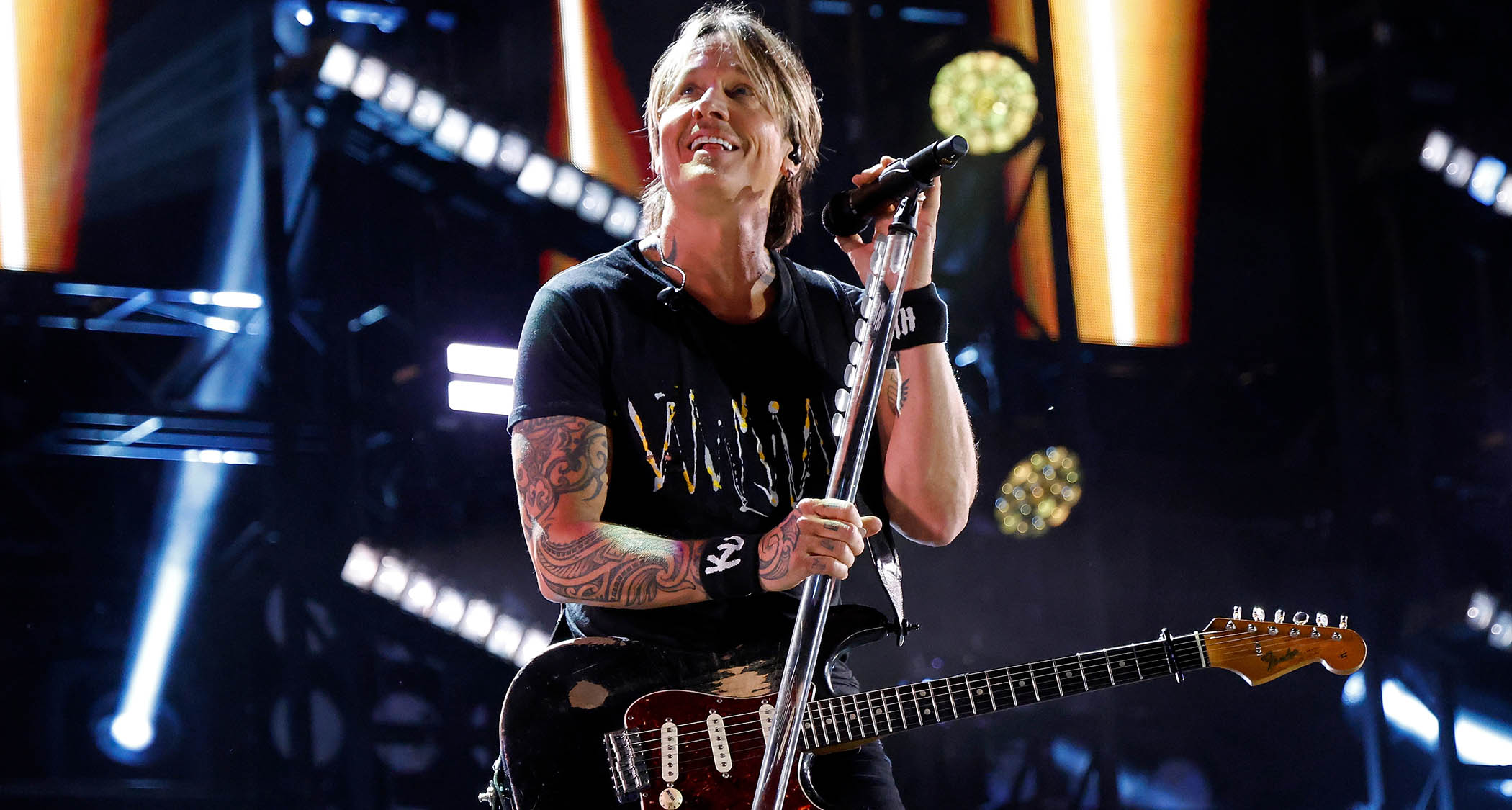“All of a sudden, some of the other guitars weren’t really doing it”: Why Linkin Park’s new singer forced Mike Shinoda to change guitars
When Emily Armstrong was brought onboard, Shinoda had to go through his guitar collection to find one that would complement her register

When Linkin Park reformed last year following the death of vocalist Chester Bennington in 2017, Mike Shinoda and co turned to Emily Armstrong. But he didn’t account for how such a change would reshape his rig.
Vocally, Shinoda was stunned by the authenticity her voice lent to the band’s hits. She was also able to avoid any uncanny comparison concerns of being too similar to Bennington. But that also posed problems.
“When we met Emily and started working with her more, her register's higher, and I started to learn where the sweet spot of that register was,” the guitarist explains to Premier Guitar. “All of a sudden, some of the other guitars weren't really doing it. I needed to go down a couple of whole steps to get to her, to B and A. That's when the baritones showed up.”
Typically, Linkin Park songs have seen Shinoda tune to drop D, or D# and C, so that's a fairly significant drop to move down as low as drop A. Luckily, he didn’t need to whip out his credit card and buy a new secret weapon.
“I happened to have a baritone Tele at home,” he says. “I don't even know where I got it, honestly. It was such a strange thing, and it just became the sound of like a song like Heavy is the Crown. That's really, I think, the most signature version of that.”
The silver-finished Tele features a HSS pickup configuration, with Fender's T-type baritone guitars typically stretching out to 27”.

He’s also explained how physical limitations have dictated his playing style.
All the latest guitar news, interviews, lessons, reviews, deals and more, direct to your inbox!
“I play very flat fingered,” Shinoda divulges. “I actually can't touch my shoulders. The fans make fun of me all the time. There's a dexterity issue, so getting around the strings to the higher strings or the higher notes. It's a little tougher for me unless I pull the neck way up.
“One of the first modern rock bands that I was obsessed with was Rage Against the Machine, and that funky kind of power chord thing that I was hearing was so influential to me. And as we've gotten older, I find new ways to do what I can with the kind of limited tools that I've got. Honestly, some parts of it are finding cool new effects and sounds that I can make.”
Brad Delson has also detailed his reasons for stepping back from touring, and commented on if he’d ever return to the stage. He's still playing a key role behind the scenes.
A freelance writer with a penchant for music that gets weird, Phil is a regular contributor to Prog, Guitar World, and Total Guitar magazines and is especially keen on shining a light on unknown artists. Outside of the journalism realm, you can find him writing angular riffs in progressive metal band, Prognosis, in which he slings an 8-string Strandberg Boden Original, churning that low string through a variety of tunings. He's also a published author and is currently penning his debut novel which chucks fantasy, mythology and humanity into a great big melting pot.
You must confirm your public display name before commenting
Please logout and then login again, you will then be prompted to enter your display name.


